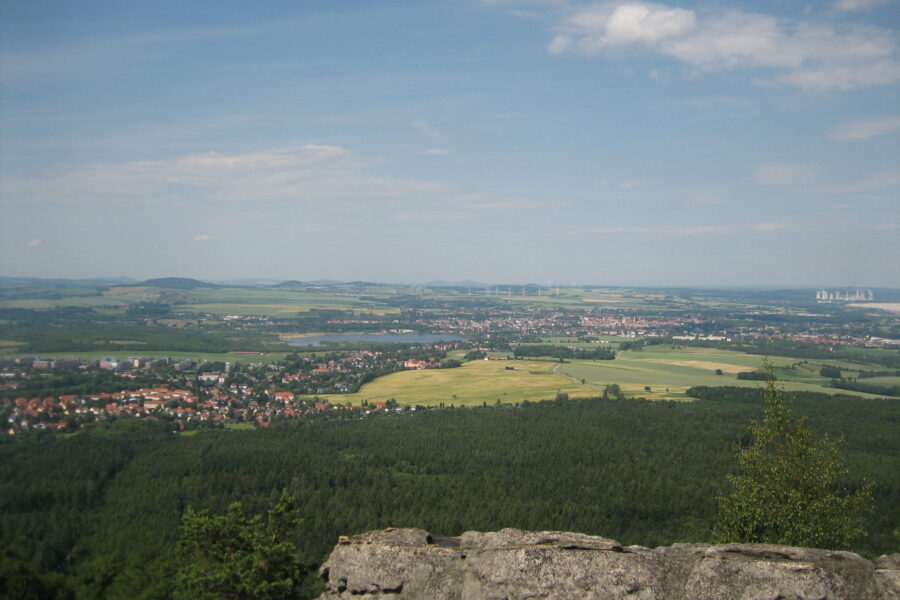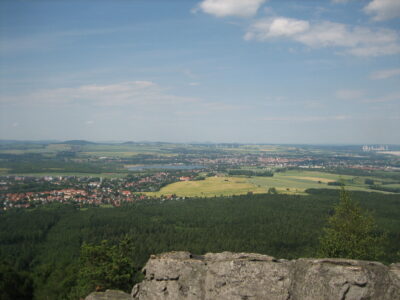The cultivation of energy crops can have significant negative impacts on biodiversity and ecosystem services. Potential impacts of cultivation depend on policies, incentives set by legal frameworks, and land-use practices. In a case study set in Eastern Saxony, different scenarios were assessed to analyse the effects of different approaches to energy production by biomass.
The study contributed to a better understanding of how instruments influence ecosystem services. In the local context, it enabled stakeholders to better understand and value ecosystem services and agricultural practices.
The scenarios were made in: 2010
The scenarios look out to: 2030 - 2050

